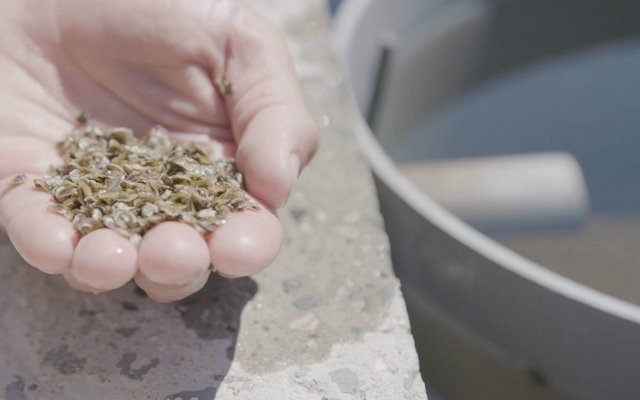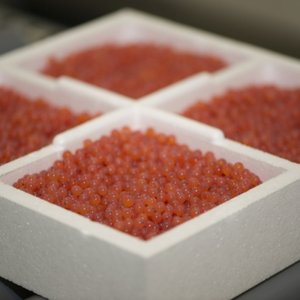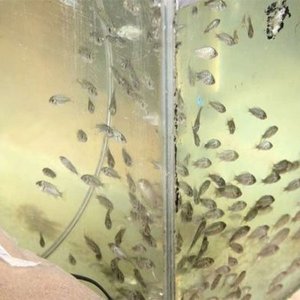The oyster industry in Eastern Canada is expanding rapidly, registering revenues near $31 million in 2017, a 25% increase from 2016. However, this growth cannot be sustained by relying solely on wild-caught oyster spat. L’Étang Ruisseau Bar Ltée (ERB), the main oyster hatchery seed supplier located in Shippagan, New Brunswick is teaming up with Université Laval scientists, Genome Atlantic and Génome Québec on a transformative, $3.8 million project using genomics to produce the first selectively bred Canadian strain of Eastern oyster.
“Genomics for developing the first Canadian production ready strain of selectively bred Eastern Oyster” is one of 20 Genome Canada funding projects announced by Kirsty Duncan, Minister of Science and Sport. The project is led by Louis Bernatchez of Université Laval and André Mallet of ERB, Eastern Canada’s largest oyster seed producer.
The project will use genomic tools like high-density SNP chips to create a breeding program that will select traits such as improved growth, better flesh quality and resistance to disease -traits that are difficult to improve using wild stocks and conventional methods. The end goal is to increase the profitability of oyster farms.
“Genomic tools offer the potential to greatly improve selective breeding of mollusks but unfortunately, the availability of genomic tools to enhance aquaculture production of the Eastern oyster has been lagging behind, compared to other oysters,” said Louis Bernatchez, Université Laval. “This project, involving the collaboration of Université Laval and University of Chile, will allow our partners from ERB to substantially accelerate progress toward developing the first Canadian domesticated strain of eastern oyster with improved performance in growth and survival,” said Bernatchez.
The project is enabled through Genome Canada’s Genomic Applications Partnership Program (GAPP) with additional funding provided by L’Étang Ruisseau Bar Ltée; ministère de l’Économie et de l’innovation du Québec; Atlantic Fisheries Fund; University of Chile; and Mitacs Canada. The project will be managed by Genome Atlantic in partnership with Génome Québec.













